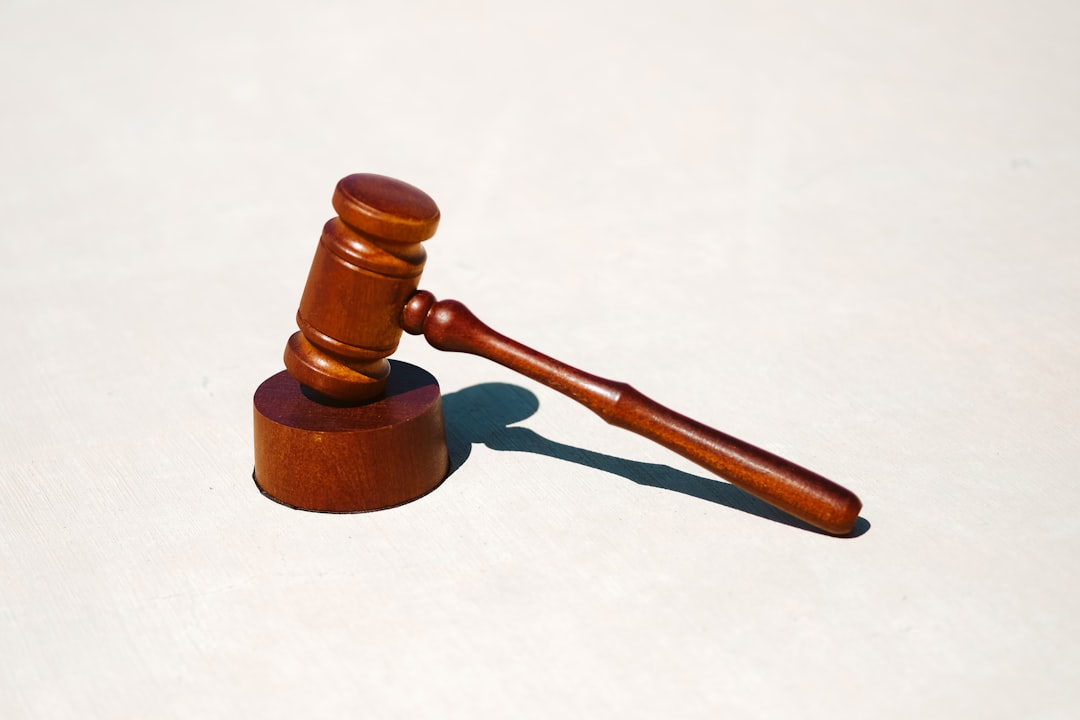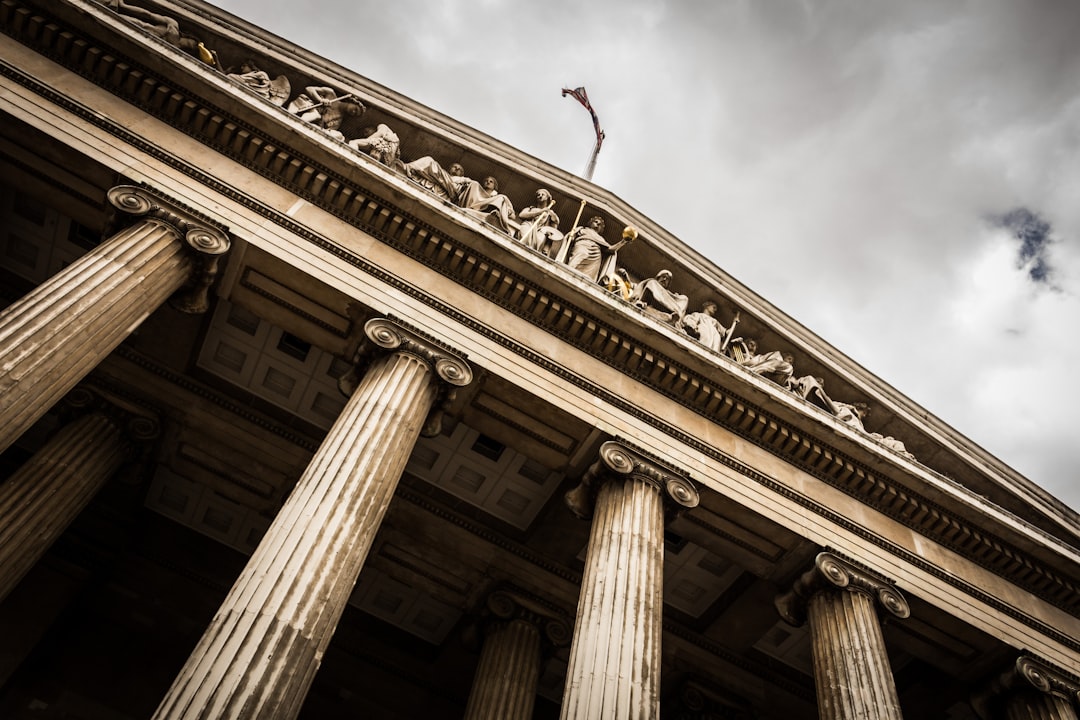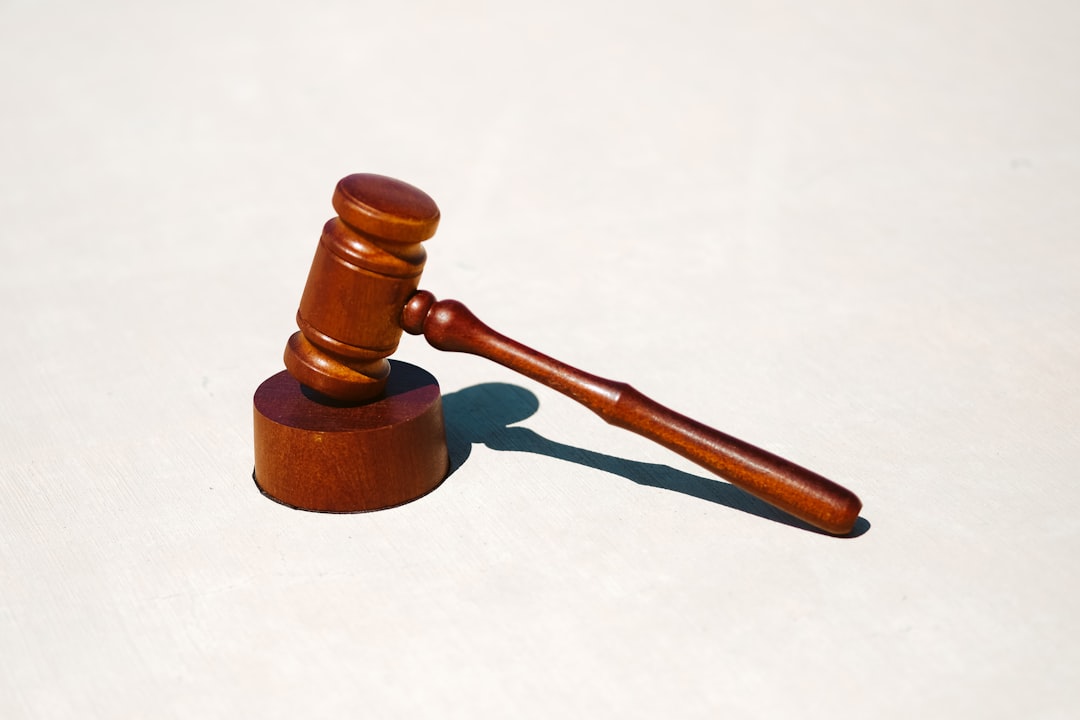Debtors in Virginia benefit from robust legal protections against unethical debt collection practices. They have the right to dispute and verify debts within 30 days, receive proper documentation, and limit collector contact through strict rules on timing and language. Hiring a lawyer specializing in Virginia debt collector laws ensures fair treatment, navigates complex regulations like FDCPA, protects rights, mitigates penalties, and fosters transparency between debtors and creditors.
Debt collection laws in Virginia play a crucial role in protecting both debtors and creditors. Understanding these regulations is essential for navigating the intricate landscape of debt recovery in the state. This article delves into key aspects, including the rights of Virginia debtors and the fair practices expected from debt collectors under the Fair Debt Practices Act (FDCPA). Additionally, it explores the significant legal responsibilities and penalties associated with non-compliance, emphasizing the importance of seeking guidance from a knowledgeable lawyer for debt collectors operating within Virginia’s jurisdiction.
Understanding Virginia's Debt Collection Laws

Understanding Virginia’s Debt Collection Laws
Virginia has established a set of rules and regulations to protect both debtors and creditors, ensuring fair and ethical practices in debt collection. These laws are designed to give debtors the right to dispute and validate their debts while providing guidelines for collectors to follow when attempting to recover outstanding balances. If a debt collector violates these laws, individuals may have legal recourse through a Virginia lawyer specializing in debt collector laws.
Key aspects of these regulations include strict time limits on collection efforts, restrictions on aggressive or harassing tactics, and requirements for collectors to provide proper documentation when requesting payment. Debtors can take action if they believe their rights have been infringed upon, seeking compensation for any damages incurred due to illegal collection practices. Understanding and knowing these laws is crucial for both parties involved in debt collection processes in Virginia.
Rights of Debtors in Virginia

In Virginia, debtors have several rights protected by law to ensure fair treatment during debt collection processes. One of the key rights is the ability to request verification of the debt from the collector or creditor. This means that if a person receives a debt collection notice, they can demand proof that the debt is legitimate and accurately reflects their outstanding balance. The law mandates that collectors provide this verification in writing within a reasonable timeframe, usually 30 days.
Additionally, Virginia’s lawyer for debt collector laws imposes restrictions on when and how collectors can contact debtors. They are prohibited from making phone calls at unreasonable times or places, using abusive language, or threatening legal action without intent to follow through. Debtors also have the right to dispute the debt in writing and request a hearing if they believe the debt is inaccurate or invalid. These rights ensure that the process remains balanced, providing debtors with the means to protect themselves from unfair or illegal collection practices.
Role of a Lawyer for Debt Collectors

Hiring a lawyer for debt collection in Virginia is a strategic move that can significantly impact the outcome of your case. Debt collectors, while they have legal rights to recover debts, must adhere to strict guidelines outlined by state laws, including the Fair Debt Collection Practices Act (FDCPA). A skilled attorney specializing in this area can ensure that these laws are not only followed but also used to benefit the debtor.
In Virginia, a lawyer for debt collectors can provide several key services. They can counsel on the legality of collection methods, challenge unfair or abusive practices, and negotiate settlements that are fair and reasonable. Legal representation can protect the rights of both parties involved, ensuring a transparent and just process. This is particularly important as Virginia’s laws regarding debt collection offer protections to consumers, making it crucial for collectors to understand their legal boundaries.
Fair Debt Practices Act (FDCPA) Application

The Fair Debt Practices Act (FDCPA) is a federal law that establishes rules and regulations for debt collectors, ensuring they treat consumers fairly and respectfully. This act applies to most private debt collection agencies and attorneys acting as collectors in Virginia and across the US. If you’re dealing with a debt collector, it’s essential to understand your rights under this legislation. A lawyer specializing in debt collection laws can help guide you through these rights and ensure that debt collectors adhere to the FDCPA.
In Virginia, debt collectors must comply with state-specific regulations on top of the federal guidelines set by the FDCPA. This includes transparent communication, prohibiting abusive or harassing behavior, and providing consumers with specific information about the debt they owe. A lawyer for debt collectors in Virginia can assist in navigating these complex laws to ensure fair practices and protect both the collector’s interests and the consumer’s rights.
Navigating Legal Responsibilities & Penalties

Navigating legal responsibilities and penalties is crucial when it comes to debt collection practices in Virginia. Debt collectors operating within the state must adhere to strict regulations outlined by law, including the Fair Debt Collection Practices Act (FDCPA) and the Virginia Debt Collection Act. Violations of these laws can result in significant penalties for both individuals and companies involved.
If a debt collector in Virginia fails to comply with legal requirements, such as providing proper documentation or respecting consumer rights, affected individuals have legal recourse. Consulting with an experienced lawyer specializing in debt collection law in Virginia is advisable. They can guide debtors through their rights and options, ensuring fair treatment while also helping to mitigate potential penalties that may arise from unethical collection practices.






